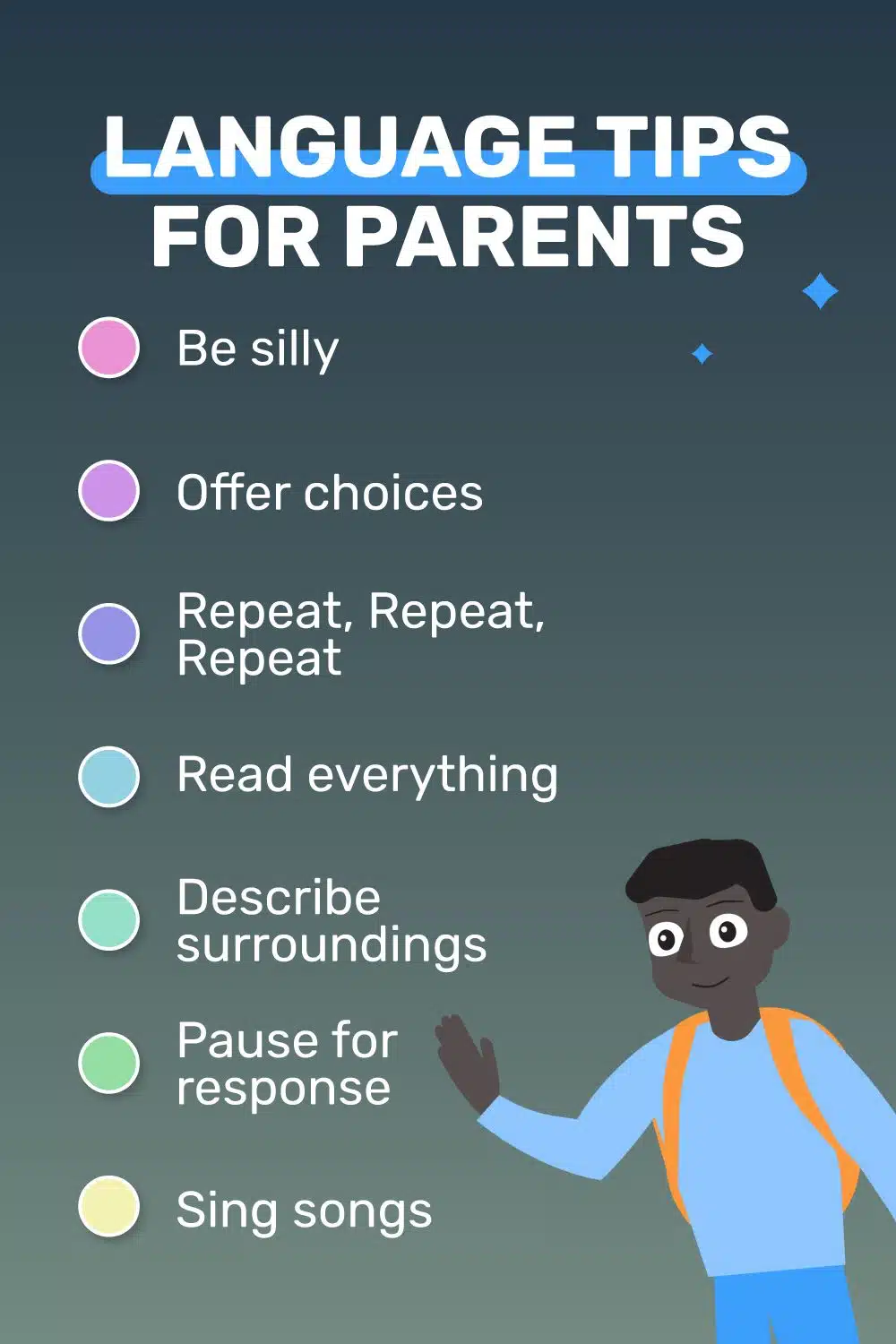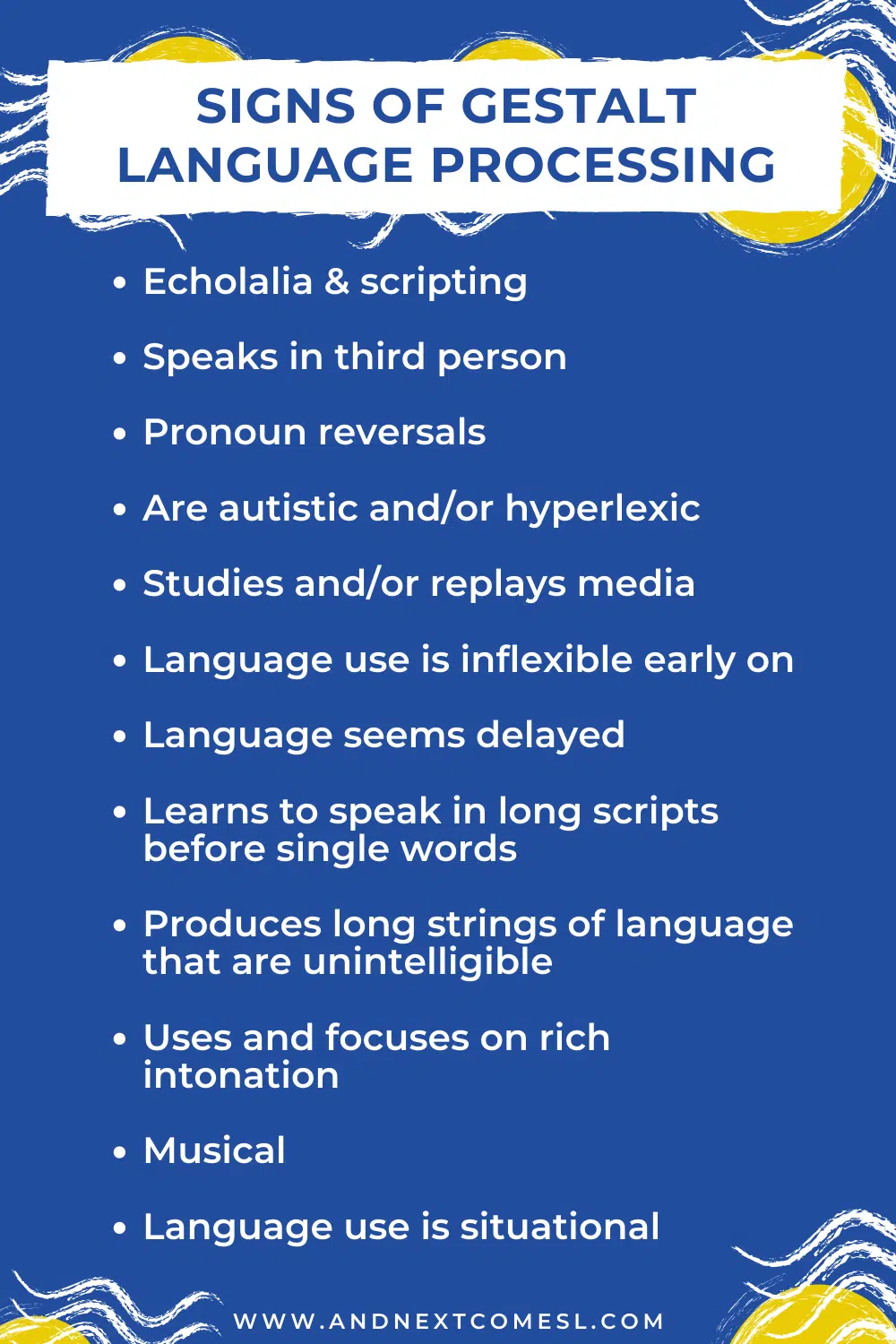Meet Charlie, a bright and inquisitive child with a zest for learning. Charlie’s parents noticed that while he excelled in many areas, his language development seemed to lag behind his peers. Concerned but determined to help Charlie, they turned to the Clinical Evaluation of Language Fundamentals for guidance.
| Initial Assessment: |
Charlie’s parents consulted a speech-language pathologist who administered the CELF-5 test. It revealed that Charlie struggled with certain aspects of language, particularly in understanding complex sentence structures and using appropriate pragmatics. |
| Identifying Weaknesses: |
The CELF-5 helped pinpoint Charlie’s specific language weaknesses, giving his parents and therapist a clear roadmap for intervention. They learned that Charlie had trouble grasping the subtleties of language, which made social interactions challenging for him. |
| Tailored Intervention: |
Armed with this knowledge, Charlie’s therapist created a personalized intervention plan. They used play-based activities and storytelling exercises to improve his comprehension and expression of language. |
| Progress: |
Over time, Charlie’s parents noticed a remarkable transformation. He began to use more complex sentences and engage in meaningful conversations with his peers. Charlie’s newfound confidence and improved language skills opened up a world of opportunities for him. |
| Ongoing Support: |
Charlie’s journey is ongoing, but with the help of the CELF-5, his parents and therapist continue to monitor his progress and adjust his therapy as needed. They are confident that with dedication and the right tools, Charlie will continue to thrive. |
In Charlie’s story, we see the CELF-5 in action, helping identify language weaknesses and guide targeted interventions. It’s a reminder that with the right support, every child can unlock their full language potential.













